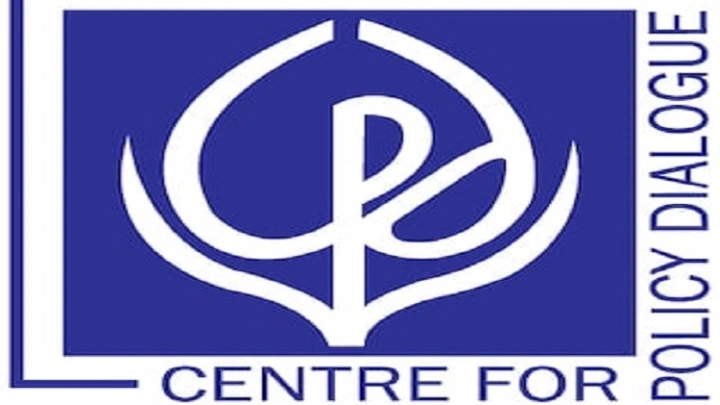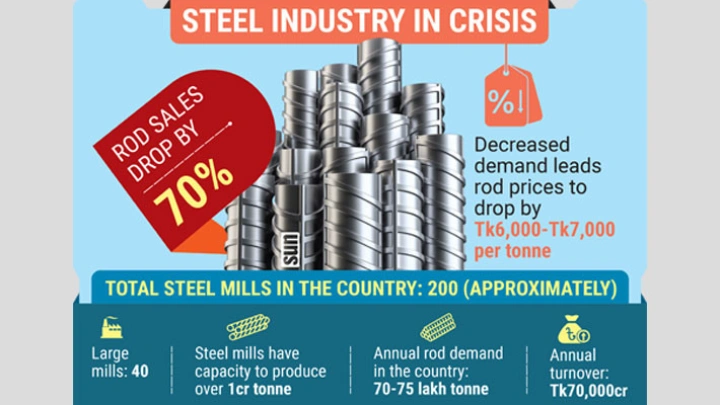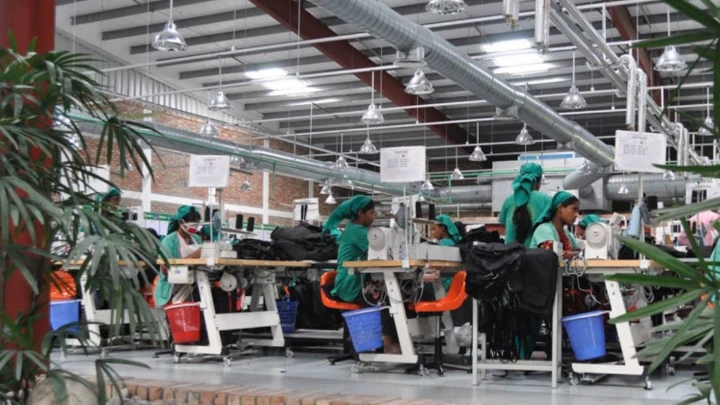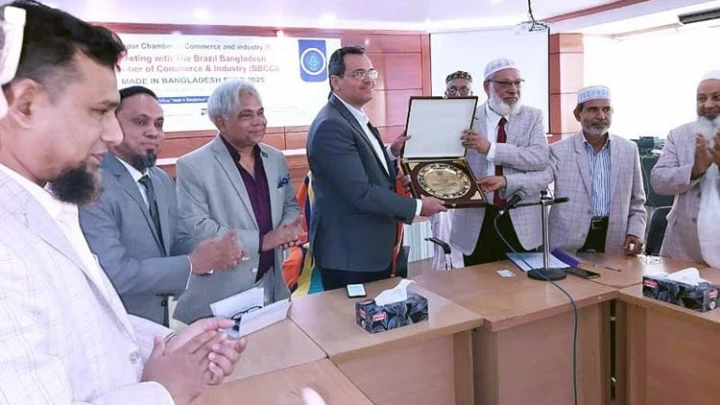High levels of corruption impact all business sectors in Bangladesh: CPD
DailySun || Shining BD
A new study by the Center for Policy Dialogue (CPD) found that high levels of corruption impact all business sectors, with 100% of large companies, 66.67% of medium-sized enterprises, and 61.9% of small and micro enterprises reporting it as a major issue in Bangladesh.
The study also showed that 58.6% of businesses report that bribes are common in awarding public contracts and licences.
The findings were presented at a seminar on "Business-related barriers and possible way out” jointly organised by the Federation of Bangladesh Chambers of Commerce and Industry (FBCCI), CPD and German development agency GIZ Bangladesh at the FBCCI auditorium in Dhaka.
State Minister for Commerce Ahasanul Islam Titu was present as the chief guest. He said that the government was working to simplify the process so that small traders could operate their business without facing any hurdles.
CPD Research Director Dr Khondaker Golam Moazzem disclosed the findings of the study.
He said the country’s apparel exporters had to pay up to six times higher than the official fees for securing essential permits and renewal of licences, which goes up their business costs.
Dr Moazzem explained that apparel exporters paid 644% higher than the official rate for boiler licences. They paid 261% for bond licences higher than the official rate, 114% for fire licences, 36% for factory or establishment licence, 16% for trade licence, and 12% for export registration certificate and import registration certificate higher than the official rate.
The data were collected from various business enterprises recently.
They also showed that costs for securing essential permits can range from Tk50,000-100,000 more than the official fees.
Renewal of these licences, however, incurred additional expenses varying from Tk500 to several thousands.
Dr Moazzem stated that businesses frequently encounter unofficial and unregulated fees, leading to financial strain and unpredictability in operational expenses.
“A major issue in the business processes of Bangladesh is the extensive redundancy of documentation. Repetitive documentation escalates administrative costs and fosters inefficiencies within the system. This hinders operational efficiency and burdens business owners,” he added.
He claimed that there was a lack of coordinated efforts among governmental authorities. Absence of a unified document management strategy exacerbates the issue, leading to delays and increased frustration for business owners.
New entrepreneurs’ challenges
“New entrepreneurs face challenging credibility assessments based on personal life, academic and family background, business plans, sector understanding, and potential recovery strategies in case of failure,” Dr Moazzem said.
He pointed out that heavy reliance on the ready-made garment (RMG) sector limits the growth of other promising sectors such as leather products, plastics, jute products, agricultural goods, and home textiles.
“Lack of transparency in regulatory and administrative systems discourages investment, hindering the development of new projects. And, challenges with profit repatriation and outbound financial transfers present significant hurdles for foreign investors and companies,” he said.
NBR confronts several challenges
The study stated that the National Board of Revenue (NBR) of Bangladesh confronts several challenges, including management, organisational, and capacity constraints that contribute to issues such as tax fraud and tax avoidance.
It also said current value added tax (VAT) management procedures and core business processes are predominantly manual and administratively intensive, necessitating modernisation for better compliance, transparency, and efficiency.
Businesses frequently complain about harassment from VAT/Tax administration even after clearing payments, said Dr Moazzem.
The study recommended creating special economic zones with tax incentives, infrastructural support, and simplified regulatory processes for SMEs and startups.
It said offering customised incentives tailored to different sectors, such as technology parks for IT startups and agro-processing zones for agricultural SMEs.
In his speech as the chief guest, State Minister for Commerce Ahasanul Islam Titu said that the government was working to simplify the process so that small traders can operate their business without facing any hurdles.
He laid special emphasis on ensuring an industrial and investment-friendly environment in the country to build a developed and smart Bangladesh by 2041.
“For this, the Ministry of Commerce will work in coordination with all the stakeholders including FBCCI, the country's development organisations and academicians.”
He emphasised business process re-engineering to meet future challenges including facing the challenges of LDC graduation and Fourth Industrial Revolution (4IR).
Investment Development Authority (BIDA) executive chairman Lokman Hossain Mia said BIDA was working diligently to ensure a business-friendly environment in the country.
”Meanwhile, investors are getting more than 150 services from 38 agencies under one umbrella through the One Stop Service of BIDA.”
Deputy Head of Mission of the German Embassy in Dhaka, Jan Janowski, hoped that German investors would be attracted, highlighting the advantages and possibilities of investment in Bangladesh.
FBCCI President Mahbubul Alam said Bangladesh has a special opportunity to establish itself as the business hub of the South Asia and ASEAN region.
“Bangladesh will become the ninth largest consumer market in the world by 2030. As a result, both local and international investors are now looking for opportunities to set up their businesses here. So, it is high time for the government to make the process smooth and business friendly,” he pointed out.
Pran RFL Group Chairman Ahsan Khan Chowdhury said the potential of Bangladesh is bright and the country now needs to exploit the regional opportunities to increase exports.
Shining BD























